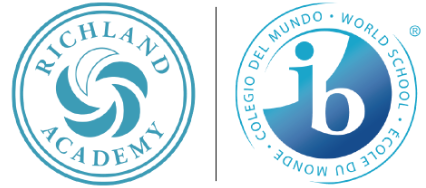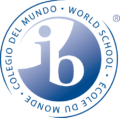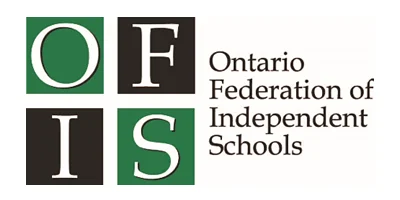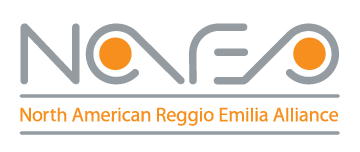 Since the children’s arrival in SK in September, play has provided many opportunities for scientific discoveries. Be it observing an amaryllis slowly opening on the light table, a ladybug sunning itself on a school wall, or a long term fascination with building ramps. Play has provided many entry points into scientific inquiry. The design and materials within the classroom have also provoked the children to observe, wonder and share their thinking, as they continue to co-construct and deepen their scientific understandings.
Since the children’s arrival in SK in September, play has provided many opportunities for scientific discoveries. Be it observing an amaryllis slowly opening on the light table, a ladybug sunning itself on a school wall, or a long term fascination with building ramps. Play has provided many entry points into scientific inquiry. The design and materials within the classroom have also provoked the children to observe, wonder and share their thinking, as they continue to co-construct and deepen their scientific understandings.  “It is paradoxical that many educators and parents still differentiate between a time for learning and a time for play without seeing the vital connection between them.” (Leo F. Buscoglia)
“It is paradoxical that many educators and parents still differentiate between a time for learning and a time for play without seeing the vital connection between them.” (Leo F. Buscoglia) Much of our scientific explorations have come from ‘teachable moments’. The finding of ‘living things’ outside at recess during the fall months is an example. It gave us one of many opportunities to stop, observe, question and explore the world around us. My role as a constructivist teacher, is to provide productive questions that act as a bridge between the children’s current knowledge and new understandings. It is to, “Take a student forward in his or her thinking, to provide scaffolding for the students beginning to build their own understandings.” (Martens, 1999, pg 25) At this stage of the children’s development, teaching science is about enabling the children to actively explore their own world, and to come up with their own ideas on how things work. This is very much part of their day, as the children play, and routinely bring ‘new knowledge’ back to the group.
Much of our scientific explorations have come from ‘teachable moments’. The finding of ‘living things’ outside at recess during the fall months is an example. It gave us one of many opportunities to stop, observe, question and explore the world around us. My role as a constructivist teacher, is to provide productive questions that act as a bridge between the children’s current knowledge and new understandings. It is to, “Take a student forward in his or her thinking, to provide scaffolding for the students beginning to build their own understandings.” (Martens, 1999, pg 25) At this stage of the children’s development, teaching science is about enabling the children to actively explore their own world, and to come up with their own ideas on how things work. This is very much part of their day, as the children play, and routinely bring ‘new knowledge’ back to the group. The social component in play provides the catalyst for sharing ideas and testing out their own theories. Physically manipulating materials results in mental manipulation and construction of knowledge. Working together in a shared inquiry fosters curiosity and the generation of original ideas.
The social component in play provides the catalyst for sharing ideas and testing out their own theories. Physically manipulating materials results in mental manipulation and construction of knowledge. Working together in a shared inquiry fosters curiosity and the generation of original ideas. The objective of science explorations in the Kindergarten years, is threefold. To support the children in communicating and representing their own ideas. To plan and guide activities that enable the children to observe, predict, hypothesize, experiment, and classify. Thirdly, to acknowledge and nurture dispositions for scientific discovery as we learn together. Our current inquiries include ‘Force and Motion;, and ‘Light and Shadow.’ The children naturally delight in new discoveries. They want to, “Be just like a scientist.”
The objective of science explorations in the Kindergarten years, is threefold. To support the children in communicating and representing their own ideas. To plan and guide activities that enable the children to observe, predict, hypothesize, experiment, and classify. Thirdly, to acknowledge and nurture dispositions for scientific discovery as we learn together. Our current inquiries include ‘Force and Motion;, and ‘Light and Shadow.’ The children naturally delight in new discoveries. They want to, “Be just like a scientist.” 









